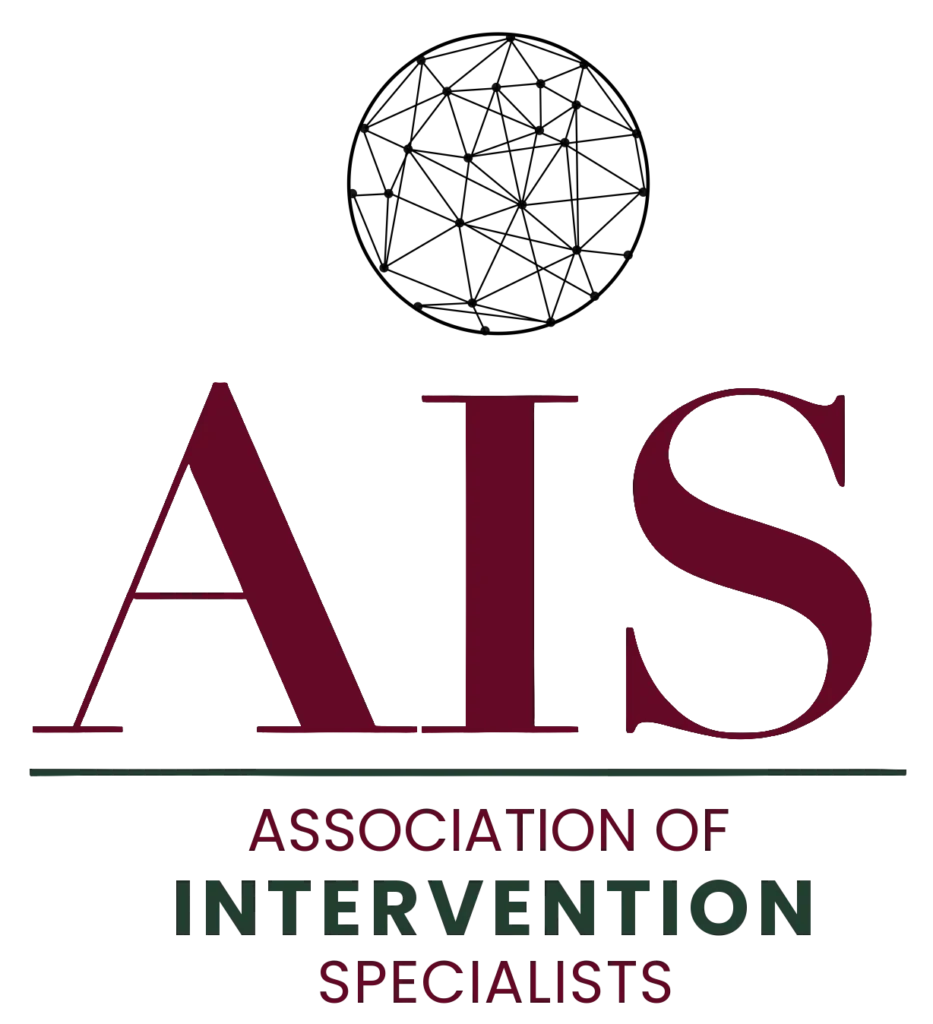The first step when a loved one is addicted or facing mental health challenges is getting professional intervention. An interventionist for your family’s needs must guide you through this sensitive process to maximize the chances of success. If your family is seeking the right professional to help your loved one, you need someone experienced, compassionate, and aligned with their unique situation. Choosing the right interventionist for your family’s journey ensures the best support and a higher likelihood of positive outcomes.
What Is an Interventionist?
A trained professional who conducts interventions to help those with addiction, substance abuse, and/or mental health disorders. They mediate on behalf of families and sufferers, facilitating a framework to induce treatment. An interventionist with experience can work through hostilities, introduce fears and concerns and link families to needed resources.
The importance of choosing the right interventionist
Selecting the correct interventionist for your family’s needs can make the difference between a successful recovery journey and ongoing struggles. A trained professional understands family dynamics, addiction psychology, and the most effective interventions. Choosing the right interventionist for your family’s situation ensures a compassionate, knowledgeable, and successful intervention process, providing the best support for your loved one’s recovery.
Informational Questions for Choosing an Interventionist
Experience and Certification
Your interventionist should be certified and experienced in the field, preferably in addiction recovery and mental health intervention. Certifications like the Certified Intervention Professional (CIP) show reliability and proficiency in the field.
Specialization and Approach
Different interventionists specialize in specific interventions, some deal with substance abuse, and others with mental health crises. Make sure the professional you choose fits your loved one’s particular needs.
Compassion and Communication
An interventionist must be compassionate, patient and a good communicator. And because interventions are emotional, you want someone who understands family dynamics.

The Jim Reidy method is compassionate and understanding, with families feeling supported during every step of the intervention process.
Case Studies and Success Stories
Reputation matters. Seek reviews and testimonials from other families working with that interventionist. Their methods have been effective, as evidenced by success stories.
The Family Interventionist reviews frequently highlight the empathetic, supportive direction given, and many report substantial transformations in their family members.
Understanding of Treatment Options
An experienced interventionist must be well-versed in treatment options such as inpatient and outpatient rehabilitation, therapy programs and support groups. They are intended, among other things, to steer families toward reputable facilities.
Post-Intervention Support
- The intervention process doesn’t stop when the loved one agrees to treatment.
- Long-term success is predicated on post-intervention support, which includes follow-up counselling and family guidance but is not always available to practitioners and families.
- The Family Interventionist provides follow-up support to empower families with tools to maintain recovery.
How to Find the Right Interventionist: 8 Steps
Step 1: Do Your Research & Shortlist
Begin by looking for reputable interventionists in your area. Search for credentials, testimonials and expertise.
Step 2: Book A Consultation
Most interventionists will offer a consultation to discuss your situation and whether they are a good fit. Now is your chance to ask questions and see how they respond.
Step 3: Analyze Their Plan
A solid interventionist will explain their process and how interventions are adapted to exceptional circumstances. Make sure their methods fit your family’s values and needs.
Step 4: Consider Costs and Services
Cost shouldn’t be the determining factor, but it’s essential to understand the pricing structure and what’s included in the services being provided.
Step 5: Make Your Decision
Once you’ve qualified the individual, engaged in the interview process, and gotten to know them, select an interventionist who checks all your boxes, one with the success to back it up.
Why Choose The Family Interventionist?
News tagsIf you need a full-filling, caring interventionist, then The Family Interventionist is the perfect option. Under the guidance of Jim Reidy, a certified professional with years of experience, the organisation provides:
- Custom-tailored Intervention Plans are specific to your family’s needs.
- Your go-to team and trainer with years of experience and professional certifications.
- Compassionate Support to guide families through challenging conversations.
- Comprehensive Post-Intervention Recovery Success
- The Family Interventionist is here to help families in their moments of need, providing hope, clarity and expert assistance.
Conclusion
Consulting with an interventionist is essential in your loved one’s recovery process. Considering the experience, specialisation, communication skills, and success stories of a child or adolescent health professional will help you find one whose approach matches your family’s needs.
We are here to guide families through this crisis with a supportive, competent, and devoted Family Interventionist. If you need help, don’t hesitate to call and take the first step toward healing today.
FAQs
What’s an interventionist do?
An interventionist assists families in staging structured interventions meant to encourage a loved one struggling with addiction or mental health issues to seek treatment.
How can I tell if my family needs an interventionist?
Suppose your loved one is in denial, actively drinking or using drugs, or causing chaos for family members. In that case, an interventionist can act as an objective facilitator in starting the recovery process.
How Much Does An Interventionist Cost?
Their prices vary depending on experience, services, and location. Fees are best discussed during the consultation.
What if my loved one rejects help after the intervention?
A professional interventionist can advise the family on what to do next and how to handle it differently if the first intervention does not work.
What sets The Family Interventionist apart?
Jim Reidy So, the Family Interventionist, provides compassionate, customized, professional intervention services based on years of experience and success.








